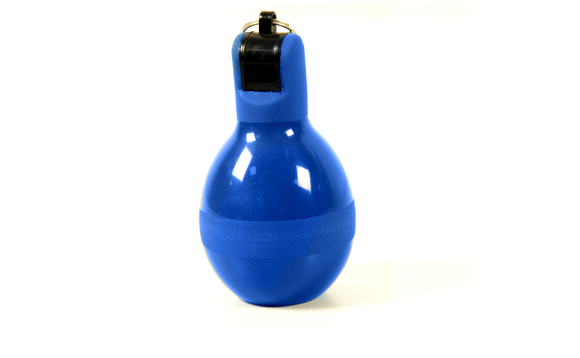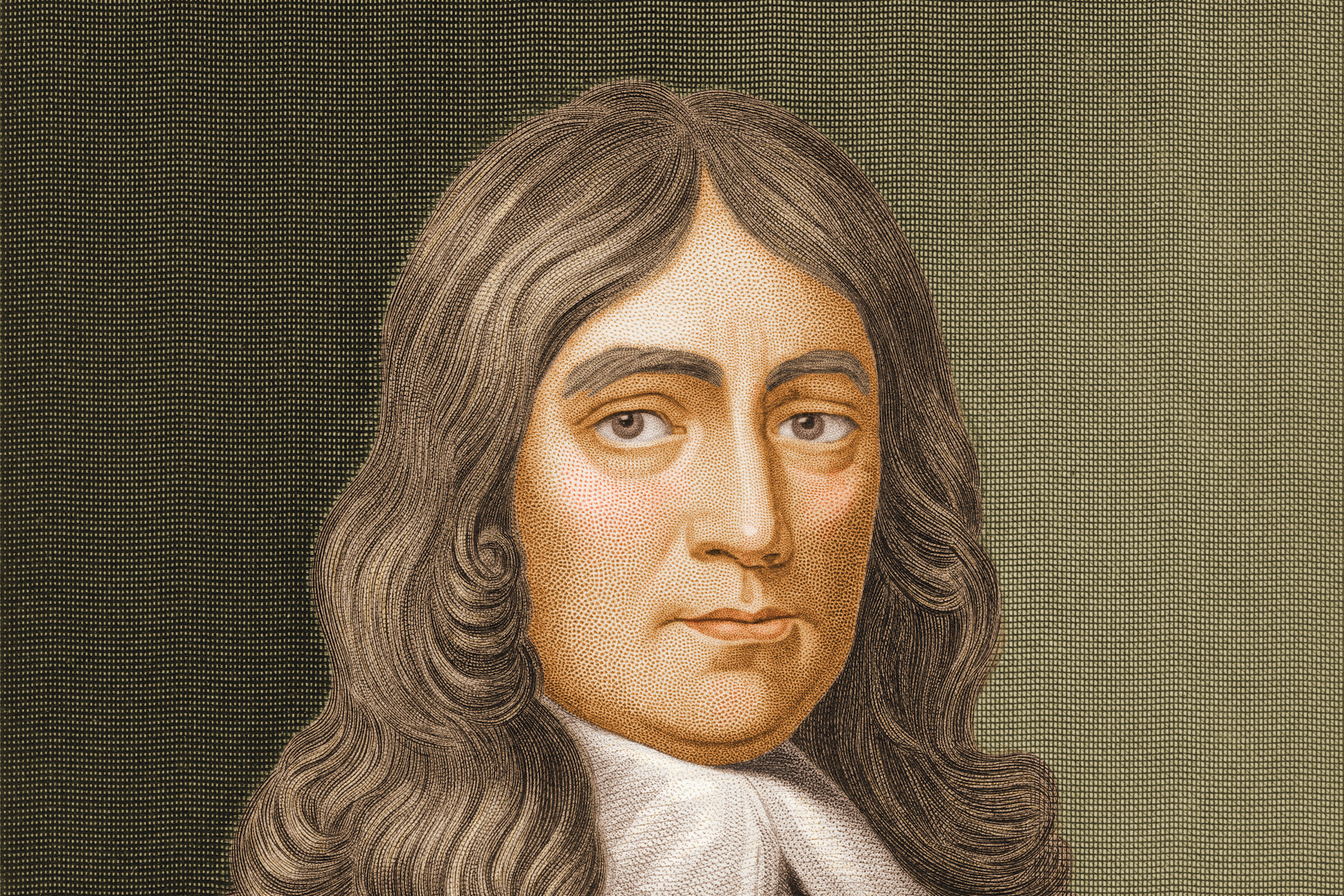John Milton Poetry Foundation
4.5 (331) · € 17.00 · En Stock
John Milton’s career as a writer of prose and poetry spans three distinct eras: Stuart England; the Civil War (1642-1648) and Interregnum, including the Commonwealth (1649-1653) and Protectorate (1654-1660); and the Restoration. Milton’s chief polemical prose was written in the decades of the 1640s and 1650s, during the strife between the Church of England and various reformist groups such as the Puritans and between the monarch and Parliament. Designated the antiepiscopal or antiprelatical tracts and the antimonarchical or political tracts, these works advocate a freedom of conscience and a high degree of civil liberty for humankind against the various forms of tyranny and oppression, both ecclesiastical and governmental. In line with his libertarian outlook, Milton wrote Areopagitica (1644), often cited as one of the most compelling arguments on the freedom of the press. In March 1649 Milton was appointed secretary for foreign tongues to the Council of State. His service
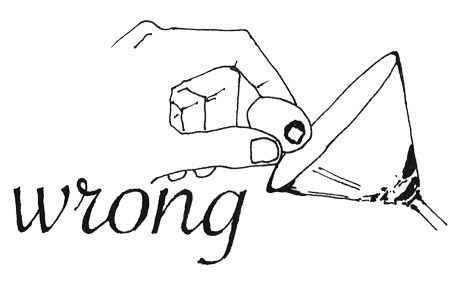
In Search of the Auden Martini by Rosie Schaap
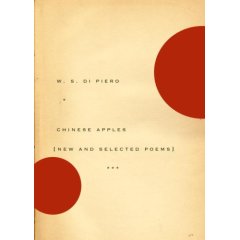
The Best Poetry of the Year by Poetry Foundation

Paradise Lost - Wikipedia
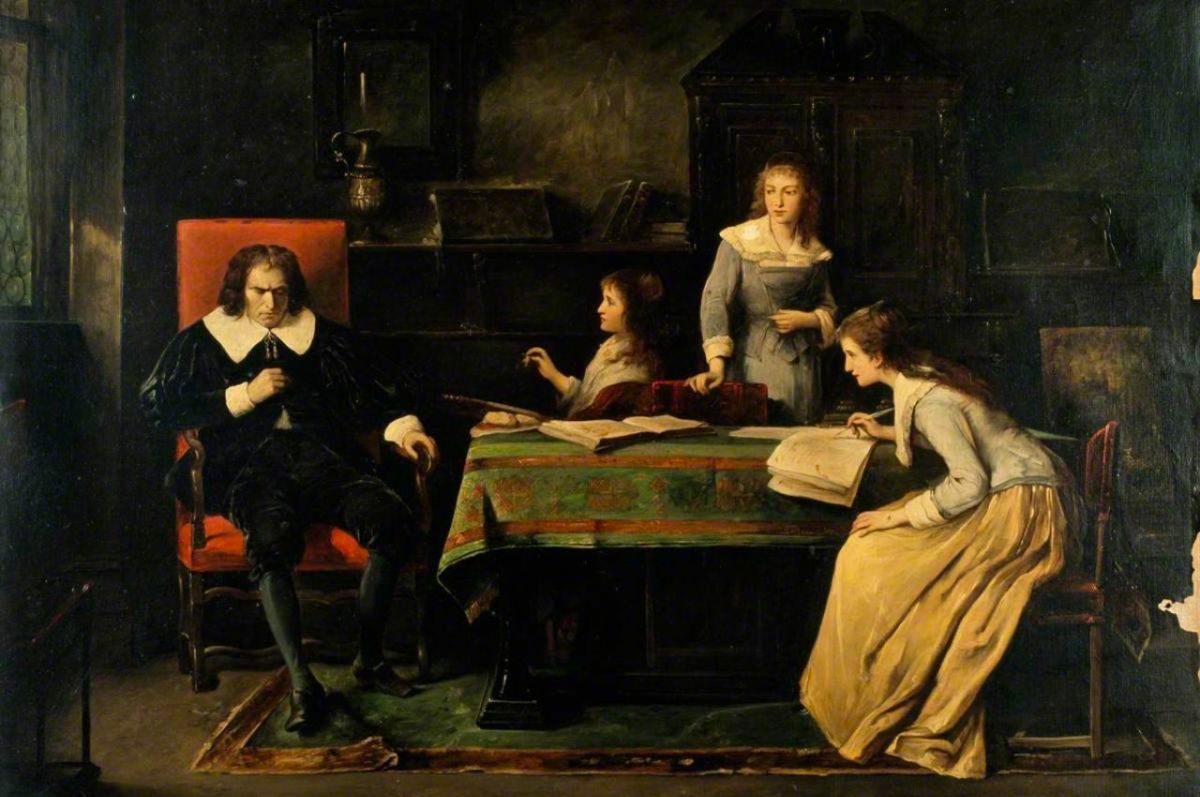
Analysis of Poem 'Sonnet 19: When I Consider How My Light Is Spent' by John Milton - Owlcation

10 Greatest Poems Written by John Milton

The Poetry Hour (@thepoetryhour) / X

But Is It Concrete? by Lucy Ives

Paradise Lost - Wikipedia

St. Nicholas Catholic Church - This line comes from John Milton's Sonnet 19, which he wrote when he was going blind. The poem is so relevant to our time today

Mac Flecknoe by John Dryden - Poetry Foundation

February 1945, Poetry Magazine



